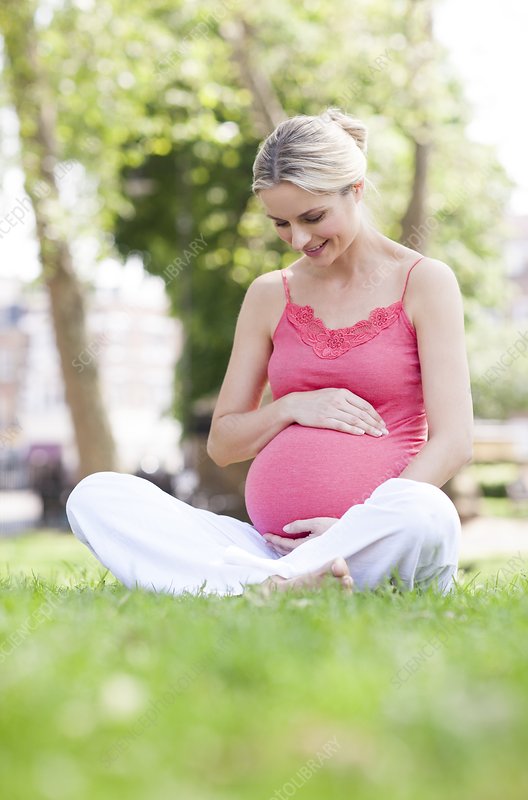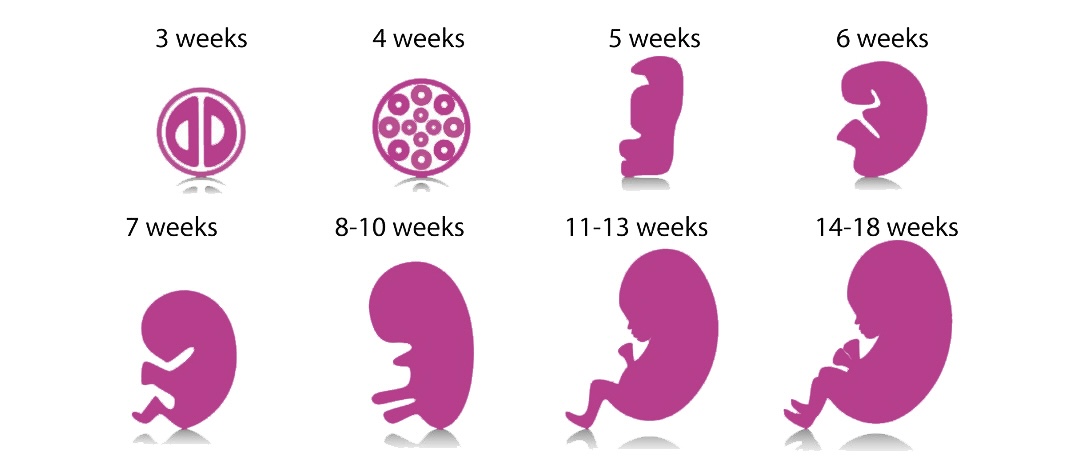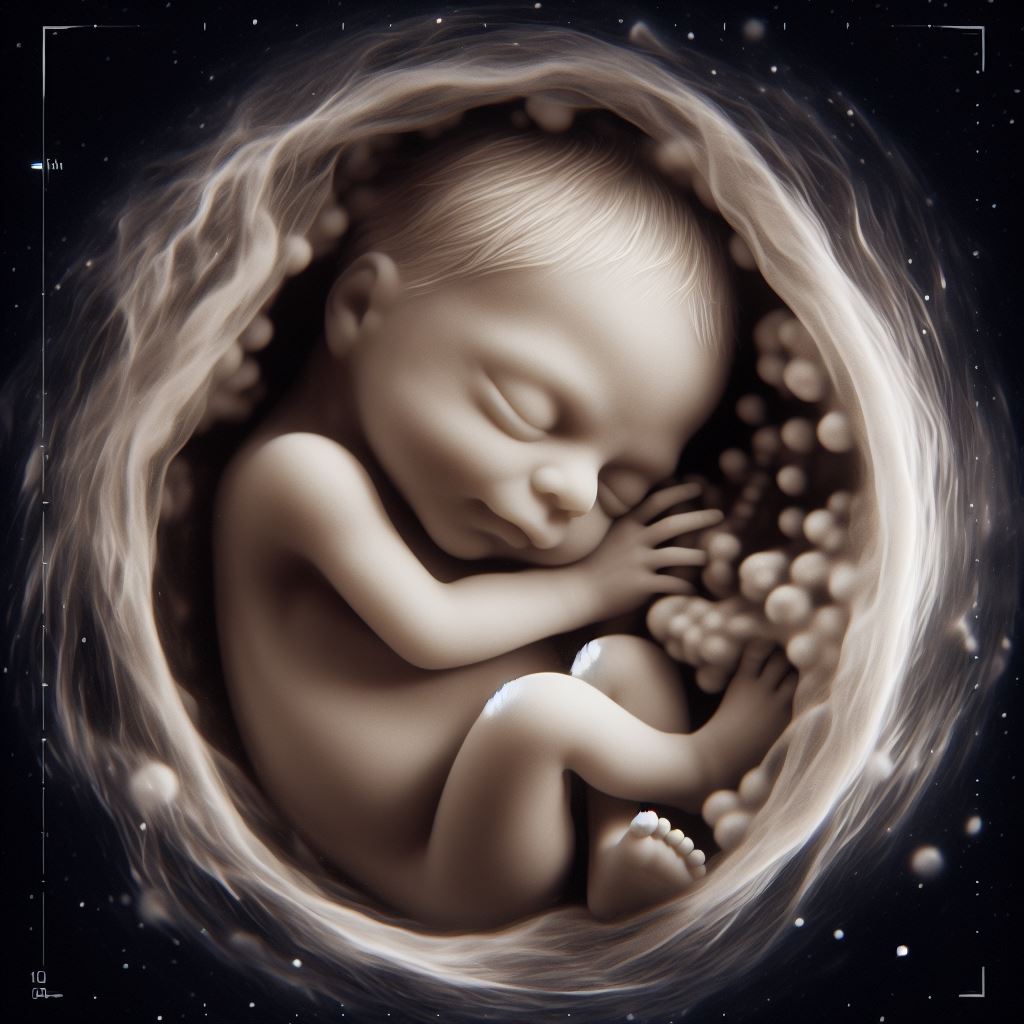Here are 20 early signs of pregnancy
- Missed Period: One of the most common signs that prompts women to suspect they might be pregnant is a missed menstrual period.For many women, a missed period is often the initial indicator that leads to suspicions of pregnancy. This happens due to the implantation of a fertilized egg in the uterus, signaling the body to halt the usual menstrual cycle. However, some women may experience a phenomenon called implantation bleeding, where light spotting occurs as the embryo attaches itself to the uterine wall. This can be mistaken for a very light period.
- Implantation Bleeding: Some women experience light spotting when the embryo implants itself into the uterine wall, often mistaken for a very light period.
- Nausea or Morning Sickness: The hormonal fluctuations that come with pregnancy can induce nausea, often referred to as morning sickness. Despite the name, it can occur at any time of the day. Accompanying this nausea may be vomiting or an aversion to certain foods or smells.
- Tender or Swollen Breasts: Changes in hormonal levels can cause breasts to become tender, sore, or swollen.
- Fatigue: Feeling unusually tired or exhausted is a common early sign of pregnancy. Women may feel unusually tired or exhausted, even in the early stages of pregnancy. This is primarily due to increased progesterone levels, which can induce a feeling of lethargy

- Frequent Urination: An increased need to urinate, especially during the night, is often experienced early in pregnancy. As the uterus begins to expand, it puts pressure on the bladder, leading to a frequent need to urinate.
- Food Cravings or Aversions: Changes in taste and smell might lead to food cravings or an aversion to certain smells and foods.
- Mood Swings: Hormonal changes can cause mood swings, irritability, or emotional sensitivity.
- Heightened Sense of Smell: Some women may become more sensitive to certain odors or experience aversion to strong smells.
- Constipation: Hormonal changes can slow down the digestive system, leading to constipation in some pregnant women.
- Headaches: Increased blood circulation and hormonal changes might cause headaches early in pregnancy.
- Dizziness or Fainting: Lower blood pressure or changes in blood circulation can result in dizziness or fainting spells.
- Bloating: Hormonal changes can lead to bloating or a feeling of fullness in the abdomen.
- Mild Cramping: Some women experience mild cramping similar to menstrual cramps, indicating the uterus is stretching.
- Backache: Increased strain on the back due to hormonal changes and a growing uterus can lead to backaches.
- Metallic Taste: Some women report a metallic taste in their mouths, especially in the early stages of pregnancy.
- Raised Basal Body Temperature: A consistently high basal body temperature after ovulation may be an indication of pregnancy.
- Skin Changes: Hormonal changes can cause changes in skin appearance, such as acne or darkening of the skin in some areas.
- Excessive Salivation: Increased saliva production, known as ptyalism, might occur in early pregnancy. raised basal body temperature, and skin changes like acne or darkening of certain areas
- Shortness of Breath: As the body adjusts to pregnancy, women may experience shortness of breath, especially in later stages.
These signs can vary greatly among women, and some may experience few or many of these symptoms, while others may have none at all. A missed period and a positive pregnancy test are the most definitive indicators of pregnancy. If you suspect you might be pregnant, consulting a healthcare professional for confirmation and guidance is recommended.



